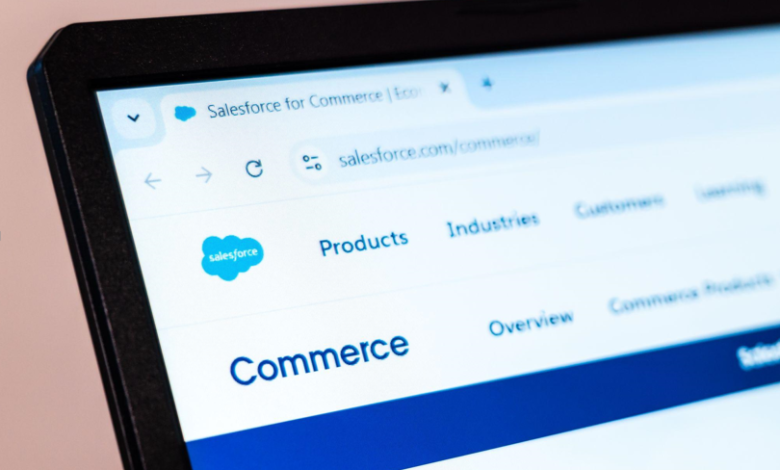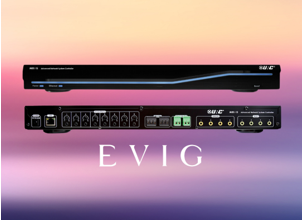Startups and SMEs in 2025: Why Salesforce Still Matters

Choosing tech as a startup or an SME is walking a tightrope with your wallet in one hand and your sanity in the other. One wrong step and… well, you’ll feel it. And when people start chatting about CRMs, Salesforce is usually the first name that gets tossed around like it’s the only game in town.
But is it actually worth the sticker shock? Or are we just caught up in the hype? Let’s put on the CTO hat and break this down: costs, perks, flexibility, and that ever-elusive ROI.
Why Even Bother With Salesforce?
Honestly, calling Salesforce “just a CRM” is like calling the iPhone “just a phone.” It’s a whole circus—sales, marketing, support, analytics, you name it. The big win? It grows with you, so you’re not chucking it out the window the minute your team hits double digits.
For anyone hustling to grow or just trying to keep the chaos at bay, Salesforce throws you a bone with:
- All your data in one spot (bye-bye, wild Google Sheets jungle)
- Grows as you do—add whatever, whenever
- Automates the boring stuff (because, really, who wants to do manual follow-ups forever?)
- Plays nice with other apps (Zapier, Slack, Mailchimp, the whole gang)
So yeah, it’s not just a CRM—it’s basically a power-up for your business.
Let’s Talk Money
Here’s the part that makes folks sweat: Salesforce ain’t cheap. Compared to some of those budget CRMs, it can feel like buying a Ferrari when a Honda might do.
But—and this is a big but—if you don’t treat it like a shiny toy and actually set it up right, it can pay for itself. Automating lead follow-ups, cleaning up your pipeline, making your team less “where’s that file?” and more “close that deal”—that stuff adds up. Time is money, and startups bleed it fast.
Honestly, don’t cheap out on expertise. Get someone who knows Salesforce inside out, or you’ll just end up with an overpriced spreadsheet.
Customization: Where Salesforce Gets Spicy
Startups and SMEs thrive or fail based on how quickly they adapt, right? Salesforce is built for people who want to tweak, twist, and flip their workflows. Want your sales dashboard your way? Do you need to MacGyver a whole new client onboarding process? It can handle it.
This is where the real nerds come in—Salesforce developers. With the right team, you’re not stuck with the out-of-the-box stuff. You can build wild stuff, like:
- Automated onboarding flows (no more “did we email them?”)
- Fancy sales forecasting that actually means something
- Plugging in weird niche tools that your industry can’t live without
It’s flexible enough that you won’t outgrow it after six months. That alone is worth a look.
Scaling Up: Can Salesforce Keep Up?
Here’s the CTO brain talking: “Okay, cool now, but what about when we’re huge?” Salesforce? It’s got receipts. Many Fortune 500 companies started with small Salesforce setups, then scaled to support thousands of users. So you can start with the basics—maybe just sales or support—and build on them as you grow.
Cheaper CRMs might be fine until you realize you need to switch platforms because you’ve outgrown your toy. Then you’re back to square one, and nobody wants that.
See also: Integrating Smart Home Technology in Modern Custom Builds
The Human Element (Don’t Skip This)
Look, you can have the fanciest software in the world, but if your team doesn’t get it or hates using it, you’re in trouble. Bad implementation is a money pit. Get Salesforce specialists, whether they’re in-house or from a partner company. They’ll set it up, train your people, and make sure you’re squeezing every drop of value out of your investment.
Sometimes that means a scrappy developer building you lightweight tools. Sometimes it’s a managed service partner like CodeClouds, who lives and breathes Salesforce, so you don’t have to.
Is Salesforce Overkill for Startups?
Yeah, let’s be honest, sometimes it is. If you’re bootstrapped and your customer list fits on a napkin, you can probably skip Salesforce for now. But if you’re gunning for rapid growth or wrestling with complicated sales funnels, it’s less “expensive toy” and more “insurance policy.”
Many CTOs view it as future-proofing: establish a solid foundation now, avoiding migration headaches later.
So… Is It Worth It or Nah?
From where I’m sitting? Big yes—if you’re serious about growth and ready to invest in doing it right. Don’t skimp on setup, and definitely get proper Salesforce nerds involved. It’ll feel like overkill at first, but once you’re automating, scaling, and watching your team actually enjoy their tools, it’ll be worth it. You’ll get it.
And if you don’t want to mess with all the nitty-gritty, just partner up with someone who knows their stuff. Makes life way easier.
Bottom line:
Salesforce isn’t just some app you buy and forget. It’s a launchpad—done right, it’ll help you move faster, sell more, and actually make your customers happy. Not bad for a “CRM,” huh?





